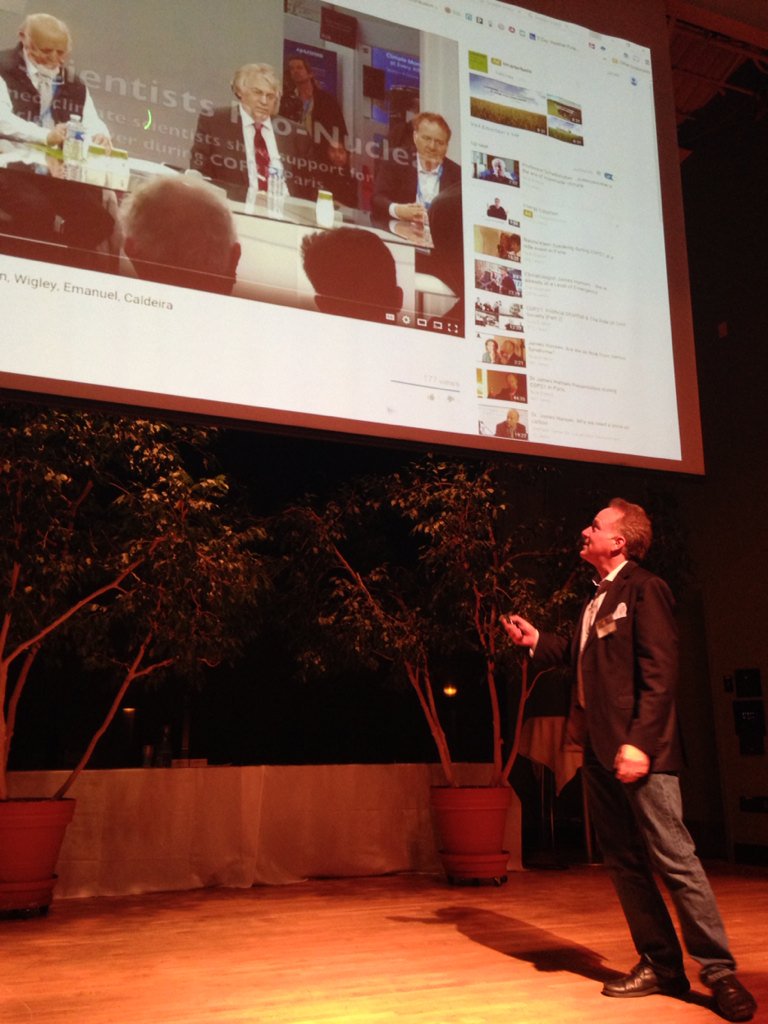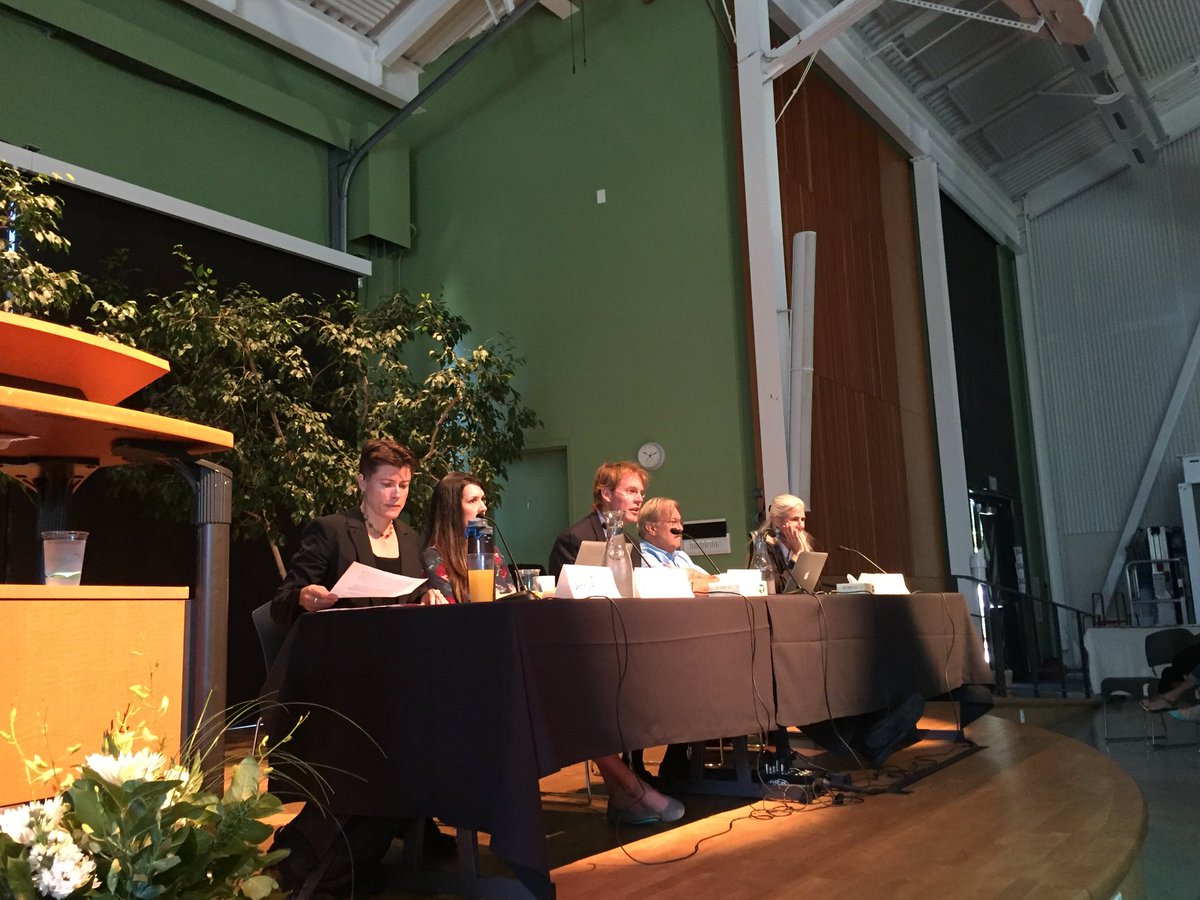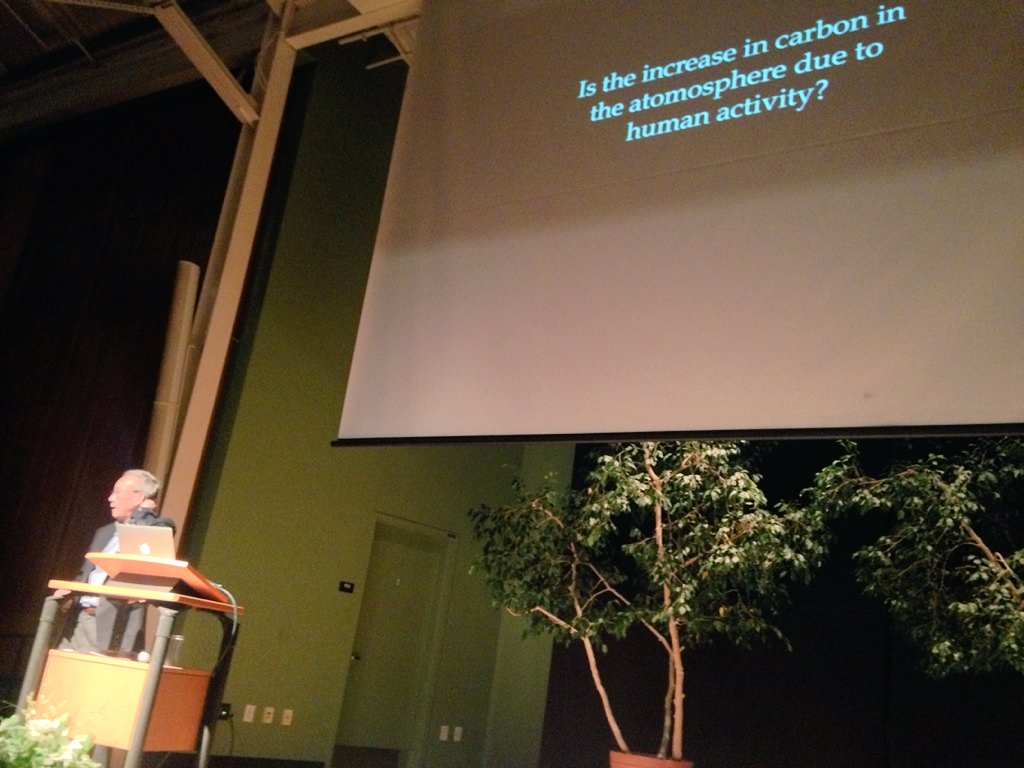ESLP Spring Action Research Teams 2015-2016
This Spring quarter, ESLP is offering 5-unit Action Research Teams, all covering a wide variety of topics. These topics include: The Healthy Beauty Reform, DIY and DIY Culture, Mycology at UCSC, Poetic Visibility, Sustainable Health: Ayurveda, and Eating, Ethics and Environmentalism. Within ESLP, smaller Action Research Teams explore a specific topic within sustainability, facilitated by students in consultation with our faculty sponsors. To enroll in this ESLP class, follow the instructions
here.
Garden Cruz: Organic Matters Workshop: Deadline March 1
Learn the art and craft of organic, French-intensive food and flower gardening in this 3-Saturday series. The workshops take place at the Alan Chadwick Garden and UCSC Farm from 9:30 am to 3:30 pm, March 5, 12, 19th. This lecture and hands-on workshop series is designed to provide a “toolkit” of the knowledge and skills you need to create a thriving organic garden and optimize water use in your garden and landscape. Pre-registration is required by March 1. Register
here. If you’re interested in registering for individual workshops, please call 831.459-3240 or email casfs [at] ucsc [dot] edu for details.
UCSC Activist Training Workshop with Green Corps: March 7
Green Corps is a non-profit, non-partisan organization that teaches recent college graduates how to run and win environmental campaigns. The activist training will take place at the College 8 Red Room on Monday, March 7th from 5:00-6:30 PM. It will teach students invaluable skills that would improve any group that is trying to achieve a goal and grow stronger, such as how to raise group visibility and membership (including working with the media), how to strategically plan campaigns (from fundraising, to advocacy, to grassroots campaigns), and how to develop leadership. Email ucscgreencorps[at]gmail[dot]com for more information, or visit the Facebook event page
here.
CURC Webinar: Moving Toward Zero Waste in Office Settings: March 10
A growing number of campuses have found success diverting waste by reorganizing how materials are collected from staff and faculty office locations. This webinar will feature case study presentations from schools that have implemented mini-bin programs and other changes to reduce custodial labor and the use of bag liners, while at the same time improving recycling rates and reducing contamination. In addition to describing operational details, presenters will share steps they took to educate and build support with office workers and other stakeholders. To register, click
here.
Lecture Series: Climate Justice Now!: March 28-May 23
As climate change threats grow more severe in the absence of government leadership, artists and activists are inventing creative strategies of consciousness-raising, mass mobilization, and ecologically sustainable thinking and living. This course will feature a diverse array of guest speakers, all leaders in the area of climate justice and cultural politics, and will explore current imperatives for making a just transition to a post-carbon future. Curated by professor T.J. Demos. Learn more
here.
Kelp Forest Ecology Summer Course: Deadline April 15
This course is aimed at upper division undergraduates or beginning graduate students interested in benthic ecology & kelp forests. SCUBA certification (Advanced/Open Water II) & all personal diving gear is required (AAUS scientific certification is not required, but desirable). Summer tuition ($5080) will be covered; class size is limited. The application form is available
here. Hopkins Marine Station, Pacific Grove, CA Jun 20-Jul 22, 2016 (5-weeks), M-F, 5-units
LEED Green Associate (GA) Training: April 21
The LEED (Leadership in Energy and Environmental Design) program acts as a method of evaluating buildings based on energy-efficient and sustainable design. The LEED Green Associate (GA) credential is the only entry level sustainability designation and shows that those certified are knowledgeable in the green building industry. A new LEED rating system (v4) was introduced recently and this training course is one of the few that has been updated to teach the current rating system. This training will take place on the UCSC campus on April 21 from 6-10 PM. For more information including cost and how to register, see
here.
Women of Wind and Energy WINDPOWER Fellowship: May 23-26
The Rudd Mayer Memorial Fellowships support women to participate in WINDPOWER, attending seminars on current wind energy issues, viewing state-of-the-art technology, meeting others in the renewable energy field, and connecting with employers about potential internships or permanent positions. WINDPOWER 2016 will be held from May 23-26 in New Orleans, LA. The Fellowship covers the cost of travel to and from the WINDPOWER conference site, conference registration (and included meals), and lodging. Find out more on the website
here.
U Massachusetts Amherst to Open Online Food & Farming Degree: September 2016
The Stockbridge School of Agriculture at the University of Massachusetts Amherst is now offering a fully online associate of science degree in sustainable food and farming. The degree will cover basic knowledge of plant and soil science, and train students in agricultural techniques, community development, public policy and education. If interested in receiving online credit, click
here.
Portland State U Launches Food Systems Certificate Program
Portland State University has launched a new program that prepares students to work on contemporary food systems issues in a variety of sectors and industries. The Graduate Certificate in Sustainable Food Systems will educate students on topics ranging from business and urban planning to policy and public health, providing a multi-dimensional understanding of the social, environmental, and economic impacts of the food sector.
The SISE Program
The Summer Institute on Sustainability and Energy (SISE) is a two-week intensive workshop and lecture series for students and professionals at the University of Illinois at Chicago. From August 4-16, a diverse body of participants will engage a broad spectrum of energy and sustainability-related topics through daily presentations, collaborative projects, mentoring activities, site visits, and networking opportunities with leading research institutions and companies in the digital technology and energy sectors. They will accept applications through July 1st. Application information, program information, and more can be found at their
website. If you have any questions or concerns, please contact Thomas Aláan uic.sise.admissions[at]gmail[dot]com, SISE Program Coordinator.
Permaculture Film Series
Common Ground Center is offering a permaculture film and discussion series on Tuesdays from 6:00-7:30 PM during winter quarter. The series is free & open to the public, and students enrolled in Kresge-161: Permaculture & Whole Systems Design are encouraged to attend the series to see examples of thriving, resilient and sustainable communities worldwide. For more information, contact commonground [at] ucsc [dot] edu.
Education for Sustainable Living Program Team (ESLP)
ESLP is looking for engaged students who wish to be a part of the organizing team for the next year. Ideally, students will shadow current positions this winter quarter to gain skills and training to carry on into the 2016-2017 year.
Open positions include:
- Collaboration and networking sphere organizers: organizers work together to design and create colorful advertisement flyers for the organization. Regular maintenance of the ESLP website, Facebook page, and registering for on-campus events are other collaboration and networking sphere duties. The goal for this sphere is to increase awareness of ESLP, outreach for student facilitators, and Spring Speaker Series students.
- Academic Sphere organizers: organizers meet every 11-12:10am MWF for the Winter Training Seminar (WTS) to facilitate a group of students in preparation for their spring Action Research Teams. This group of organizers works closely with admin to build relationships and harbor the skills necessary for leading a successful action project.
- Heart Sphere organizers: Heart sphere organizers work closely with ESLP's staff advisor, Angela Harris, to manage our budget and personnel responsibilities. These organizers work all of Winter quarter contacting and booking guest speakers for the Spring Speaker Series.
Students interested in working with ESLP who would like to shadow these positions can contact ESLP at eslp[at]ucsc[dot]edu.
Sustainability Studies Minor
The minor incorporates courses offered by College Eight and departments across campus, student-initiated classes through the Education for Sustainable Living Program, and an interdisciplinary capstone. The minor is open to all UCSC students. For more information, click
here.
Cultivating a Daily Revolution: What's in Your Melting Pot?
Histories of Food in the USA: Wednesdays, 6-8 PM This 2 unit seminar and internship series discusses the social, economic and political conditions that give rise to the food cultures seen in the United States today. Working at the intersection of social justice and environmental justice, discussions (following a free weekly meal) aim to locate histories of food, ethnobotany and oppositionality in today's neoliberal socio-economic climate. For more information, email focan [at] ucsc [dot] edu.
Produce Pop-Up Stand in the Quarry Plaza
Students from the Food Systems Working Group (FSWG) and the Global Food Initiative (GFI) are hosting a produce stand on Wednesdays from 2:30-5:00 PM in the Quarry Plaza! Come by to get fresh leafy greens from the campus farm and fresh fruit from the local farmers market! If you would like more information please contact Alyssa at abillys[at]ucsc[dot]edu or ucscfswg[at]gmail[dot] com.
Volunteer with Take Back The Tap
Take Back The Tap UCSC is on the lookout for new organizers and a candidate for the 2016-2017 campaign coordinator. Students interested in learning valuable skills like grant-writing, social media outreach, campaign organization tactics, meeting with decision makers, or team-building should contact Take Back The Tap at tbttucsc-group [at] ucsc [dot] edu, and/or come to meetings on Mondays from 12:15-1:45 PM in the Kresge Common Ground Center, near STARS. Check out the group's Facebook page,
Take Back The Tap UCSC, to learn more.
Demeter Seed Library
The Demeter Seed Library will be hosting office hours this quarter in Oakes 307. Come by to borrow or donate seeds and learn more about seed saving and campus gardening efforts. Office hours are Mondays 2:00-3:00 and Tuesdays 3:30-4:30 or by appointment.
The World Cafe: Food, Tea, Conversations That Matter
Mondays 5-7pm in the Kresge Seminar Room 159 The World Cafe is a weekly potluck of both food and ideas. It aims to bring a diversity of people together to explore whatever topics matter to them. Each night is focused on a different theme, often proposed by a student club or passionate individual wanting to develop their conversational leadership. Attendees savor the inquiry as they savor the food and tea, connect deeply with one another, form friendships, move projects forward, and create actionable knowledge. The World Cafe is a process used around the globe to surface the collective intelligence of groups of all sizes.
Divestment Student Network People Of Color Caucus
The People of Color Caucus is a place for organizers of color in the divestment movement to meet, collaborate on shared projects, and support each other to build the Climate Justice movement the world needs. Check out their Purpose, Principles and how to get involved
here. Divestors of color who are interested in learning more can fill out this quick
membership form to be shared on their listserve, membership contact page, and Facebook group.



















